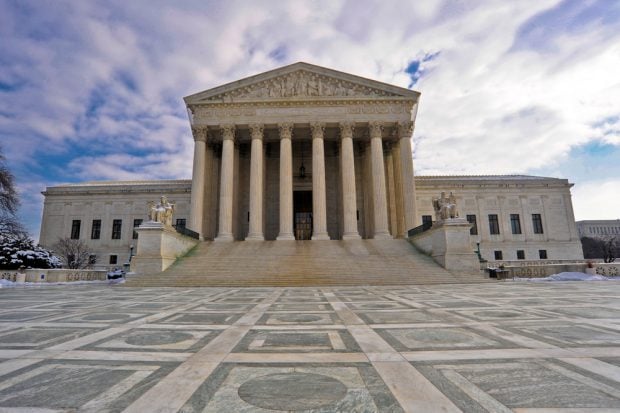Director Richard Cordray defended the CFPB's decision to proceed with a rule on payday lending during the bureau's Semi-Annual Report to Congress Tuesday.
Rep. Lynn Westmoreland (R-Ga.) said a lot of his constituents live paycheck to paycheck, and he asked Cordray where consumers should go if they are in need of a small loan.
"If you were me, what would you tell them if they came to me and said they had an emergency and they needed to get $50 or $100 for a week or three or four days? Where would you advise me to tell them to go to get that kind of credit?" the congressman asked Cordray during the House Financial Services hearing.
Complete your profile to continue reading and get FREE access to CUTimes.com, part of your ALM digital membership.
Your access to unlimited CUTimes.com content isn’t changing.
Once you are an ALM digital member, you’ll receive:
- Critical CUTimes.com information including comprehensive product and service provider listings via the Marketplace Directory, CU Careers, resources from industry leaders, webcasts, and breaking news, analysis and more with our informative Newsletters.
- Exclusive discounts on ALM and CU Times events.
- Access to other award-winning ALM websites including Law.com and GlobeSt.com.
Already have an account? Sign In
© 2024 ALM Global, LLC, All Rights Reserved. Request academic re-use from www.copyright.com. All other uses, submit a request to [email protected]. For more information visit Asset & Logo Licensing.









